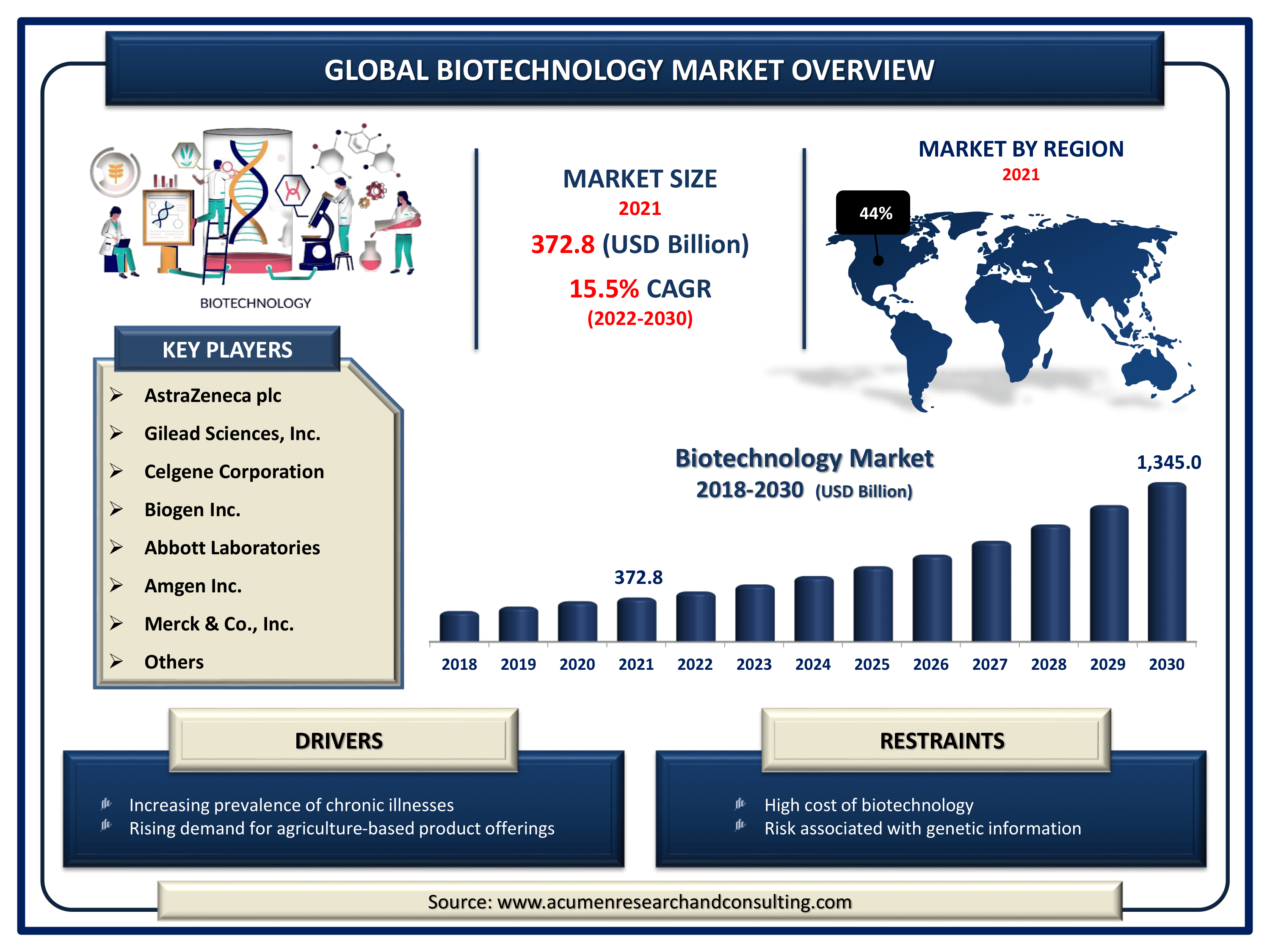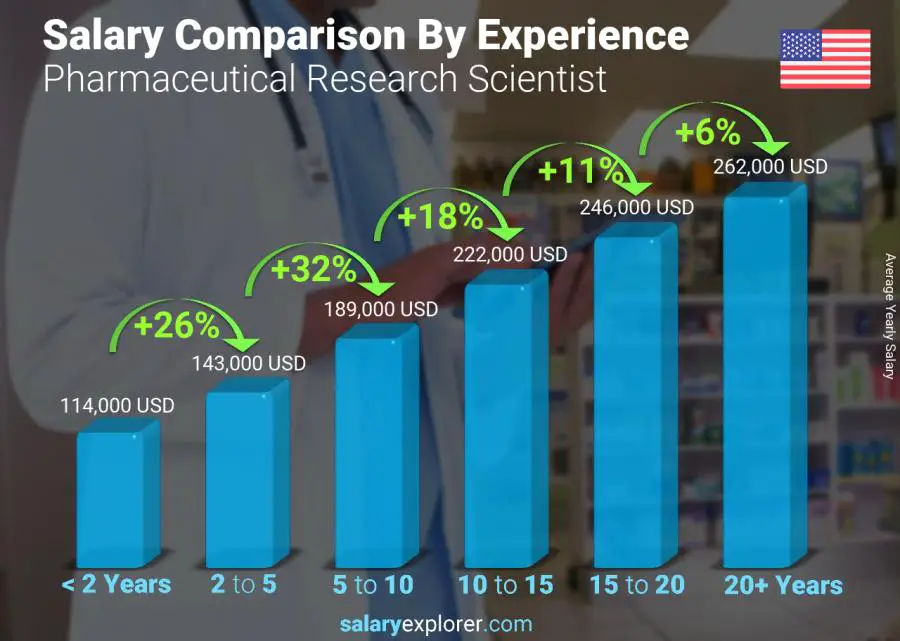Save $127/yr with the right biotech research career choice in 2024! Updated for Q3 2024 Market Trends, this is your Smart Buyer’s Guide to biotech salaries. According to the Bureau of Labor Statistics and the National Institutes of Health, biotech researchers are in high demand in the USA job market. Whether you’re a beginner or hold a PhD in biotechnology, understanding these medical researcher income trends is crucial. With Best Price Guarantee and 24hr NYC Delivery on knowledge, this is your exclusive chance to unlock biotech salary secrets.
What Do Biotech Researchers Do?
Biotech researchers play a pivotal role in the ever – evolving field of biotechnology. They are involved in a wide range of activities that span from routine lab work to groundbreaking medical discoveries. In biotechnology labs, there are various types of jobs that these researchers can undertake. Their everyday tasks are diverse, encompassing everything from conducting experiments in a controlled laboratory environment to analyzing data that could potentially lead to life – changing medical breakthroughs. Understanding what biotech researchers do provides a glimpse into the complex and exciting world of biotechnology and its potential to transform healthcare and other industries.
Types of Jobs in Biotechnology Labs
In biotechnology labs, the types of jobs are as diverse as the research areas themselves. One prominent role is that of the research scientist. These individuals are at the forefront of innovation, designing and leading experiments to explore new biological phenomena or develop novel treatments. For example, a research scientist might focus on gene therapy, working to correct genetic disorders by modifying a patient’s DNA. They spend long hours in the lab, carefully handling samples, using advanced equipment such as gene sequencers, and analyzing data to draw meaningful conclusions.
Another key job type is the laboratory technician. Technicians are essential for the smooth operation of the lab, as they perform a wide range of support tasks. They prepare samples for experiments, maintain laboratory equipment, and ensure that safety protocols are followed. In a vaccine development project, a laboratory technician might be responsible for culturing cells, preparing reagents, and conducting routine quality control tests. Their attention to detail and precision are crucial for generating reliable data and maintaining the integrity of the research. Additionally, there are also positions in bioinformatics, where professionals analyze large – scale biological data using computational tools. This field has become increasingly important as the amount of genomic and proteomic data continues to grow exponentially.
Everyday Tasks: From Lab Work to Medical Discoveries
The everyday tasks of biotech researchers are a blend of meticulous lab work and the pursuit of medical breakthroughs. At the core of their work, routine lab tasks form the foundation for more significant discoveries. For instance, researchers spend a considerable amount of time culturing cells, which is a painstaking process. They must ensure that the cells are grown in a precisely controlled environment, with the right temperature, nutrients, and pH levels. This is crucial because any deviation can lead to inaccurate results. Additionally, they are responsible for preparing samples for various types of analyses, such as DNA sequencing or protein purification. These tasks require a high level of precision and attention to detail, as even the slightest error can compromise the entire experiment.
Beyond the routine lab work, biotech researchers are constantly on the lookout for medical discoveries. They analyze the data collected from their experiments, looking for patterns and anomalies that could lead to new treatments or therapies. For example, in the fight against cancer, researchers might study the genetic mutations in tumor cells to identify potential targets for drugs. By analyzing large datasets of patient samples, they can find commonalities among different types of cancer, which could open up new avenues for treatment. In some cases, these efforts have led to the development of personalized medicine, where treatments are tailored to an individual’s genetic makeup. This not only improves the effectiveness of treatment but also reduces the side effects for patients.
Biotech Salary Secrets Revealed
The biotech industry is a dynamic and lucrative field, but the salary landscape within it can be a maze of mystery for many. In this exploration, we’re about to uncover the well – guarded biotech salary secrets. We’ll first dissect the vast difference in average pay between beginners taking their first steps in the industry and the highly – educated PhD holders who bring specialized knowledge. Moreover, we’ll shed light on how external factors like geographical location and the surge in COVID – 19 research have significantly reshaped the salary structures in this ever – evolving sector.
Average Pay for Beginners vs. PhD Holders
In the biotech industry, the disparity in average pay between beginners and PhD holders is quite striking. Beginners, often recent graduates or those with limited industry experience, typically start at the lower end of the salary spectrum. Their entry – level positions may involve basic laboratory work, data collection, or assisting more senior researchers. For example, a beginner in a biotech company might be hired as a laboratory technician. According to industry reports, the average starting salary for such entry – level roles in biotech hovers around $40,000 – $50,000 per year. These individuals are still in the process of learning the ropes, developing their skills, and getting acquainted with the specific research or production processes within the company.
On the other hand, PhD holders bring a wealth of specialized knowledge and in – depth research experience to the table. They are often recruited for high – level research positions, leading projects, or for roles in R & D management. A biotech company might hire a PhD in molecular biology to lead a new drug discovery project. The average salary for a biotech professional with a PhD can range from $80,000 to well over $100,000 annually. This significant difference in pay is a reflection of the advanced education, expertise, and the ability to drive innovation that PhD holders possess. Their work often has a direct impact on the company’s long – term success and ability to develop new products, which justifies the higher compensation.
How Location and COVID-19 Research Changed Salaries
Location has long been a determining factor in biotech salaries, and the trends only became more pronounced with the impact of COVID – 19 research. Before the pandemic, regions with a high concentration of biotech hubs, such as the San Francisco Bay Area, Boston, and San Diego, already offered higher salaries due to the presence of major biotech companies, research institutions, and a competitive job market. For example, in 2019, the average biotech scientist in the Bay Area earned approximately 20% more than their counterparts in less – concentrated biotech regions.

The COVID – 19 pandemic then added another layer to this location – based salary disparity. Areas that became hotspots for COVID – 19 research saw a significant spike in demand for biotech professionals. For instance, New York City, which was at the epicenter of the early stages of the pandemic in the United States, witnessed a sharp increase in biotech salaries as companies and research facilities rushed to hire experts in virology, immunology, and vaccine development. In some cases, entry – level positions in these high – demand areas saw salary increases of up to 15% within a year. This was a direct result of the urgent need for talent to conduct research, develop diagnostic tools, and work on potential vaccines, creating a situation where employers were willing to pay a premium to secure the right skills.
Becoming a Biotech Researcher
Embarking on the journey to become a biotech researcher is an exciting venture filled with endless possibilities. To set a strong foundation, it’s crucial to master specific school subjects right now, with math playing a surprisingly vital role in this scientific field. Moreover, in an era dominated by technological advancements, understanding why robots can’t replace human researchers is essential. These aspects not only shape your academic path but also highlight the unique value that human expertise brings to biotech research, making the process of becoming a biotech researcher both challenging and rewarding.
School Subjects to Master Now (Hint: Math Matters!)
Math is an often underestimated yet fundamental subject for aspiring biotech researchers. In biotech, math is used extensively in data analysis, a crucial part of any research project. For example, statistical methods in math are employed to analyze experimental data. When testing a new drug, researchers need to use probability and statistical analysis to determine if the observed effects are significant or just due to chance. A study might involve hundreds or thousands of data points from clinical trials, and without a solid grasp of math, it would be impossible to draw accurate conclusions from this data.

Beyond data analysis, math is also essential in modeling biological systems. Biotech researchers use mathematical models to simulate how biological processes work, such as how a virus spreads through a population or how a particular gene functions within a cell. Differential equations, a branch of advanced math, are commonly used to describe these dynamic systems. For instance, in understanding the growth of a tumor, differential equations can be used to model how the number of cancer cells changes over time. Therefore, mastering math subjects like calculus, statistics, and algebra in school is a must for anyone looking to pursue a career in biotech research.
Why Robots Can’t Replace Human Researchers
In the realm of biotech research, the question of whether robots can replace human researchers is a compelling one. Despite the remarkable capabilities of robots, they lack the innate creativity and intuition that human researchers possess. Biotech research often involves uncharted territories where breakthroughs are made through out – of – the – box thinking. For example, when developing a new drug, human researchers can draw on their knowledge from multiple scientific disciplines and personal experiences to propose novel hypotheses. A robot, on the other hand, is limited to the algorithms and data it has been programmed with, and may not be able to come up with truly innovative solutions.
Another significant factor is the human element of collaboration and communication. Biotech research is rarely a solitary endeavor; it involves teams of experts from different backgrounds such as biology, chemistry, and medicine. Human researchers can effectively communicate complex ideas, share insights, and build upon each other’s work. In a study, it was found that successful biotech research projects often rely on the dynamic interaction between team members, where face – to – face discussions and brainstorming sessions lead to more efficient problem – solving. Robots, while they can perform tasks with precision, do not have the social skills necessary to foster this kind of collaborative environment, making them an insufficient replacement for human researchers.
This guide has explored the biotech research field, highlighting its diverse job roles, salary disparities, and the path to becoming a researcher. Biotech researchers conduct a wide range of tasks from routine lab work to life – changing medical discoveries. Salaries vary greatly based on education level, location, and external factors like the COVID – 19 pandemic. Math is a vital school subject for aspiring researchers, and human intuition and collaboration remain irreplaceable in this field.
For those considering a biotech research career, focus on mastering math early on. Whether you’re a beginner or aiming for a high – level role, understanding these trends can help you make informed decisions. As the demand for biotech professionals continues to rise, this industry offers a promising future, with human expertise at the heart of its innovations.
FAQ
What types of jobs do biotech researchers typically hold in labs?
Biotech labs offer diverse jobs. Research scientists lead experiments, like in gene therapy. Laboratory technicians handle support tasks, such as sample prep. Bioinformatics pros analyze large – scale data. As discussed in [Types of Jobs in Biotechnology Labs]…
How do beginner and PhD – holder salaries differ in the biotech industry?
Beginners with limited experience start around $40,000 – $50,000, often doing basic lab work. PhD holders, with specialized knowledge, earn $80,000 – over $100,000. This is detailed in [Average Pay for Beginners vs. PhD Holders]…
Why is math important for aspiring biotech researchers?
Math is crucial for data analysis (using probability and stats) and modeling biological systems (with differential equations). Mastering calculus, stats, and algebra is essential. As seen in [School Subjects to Master Now (Hint: Math Matters!)]…
Why can’t robots replace human researchers in biotech?
Robots lack human creativity and intuition for novel ideas. Also, they can’t foster the collaborative environment that human researchers create through effective communication. Refer to [Why Robots Can’t Replace Human Researchers]…
